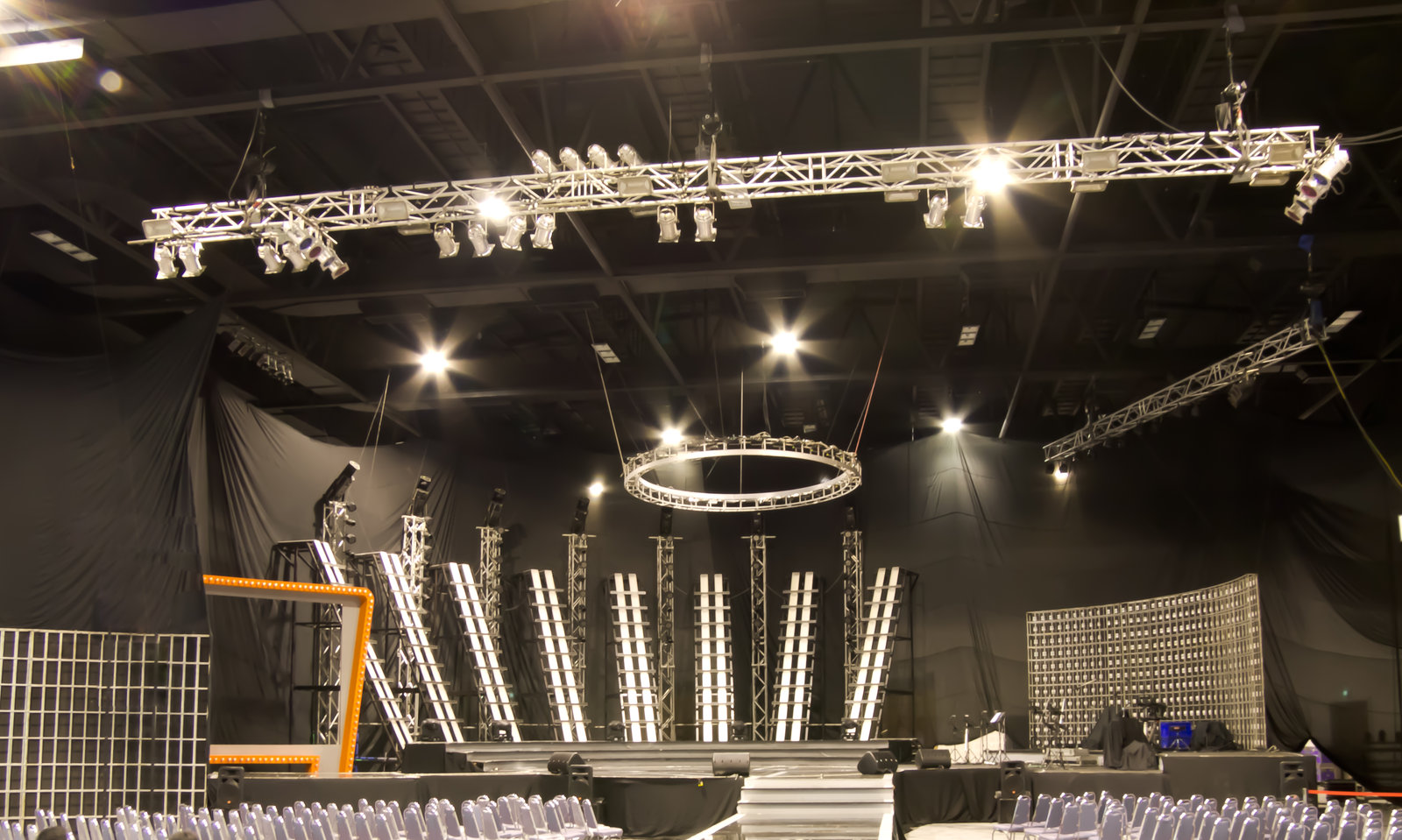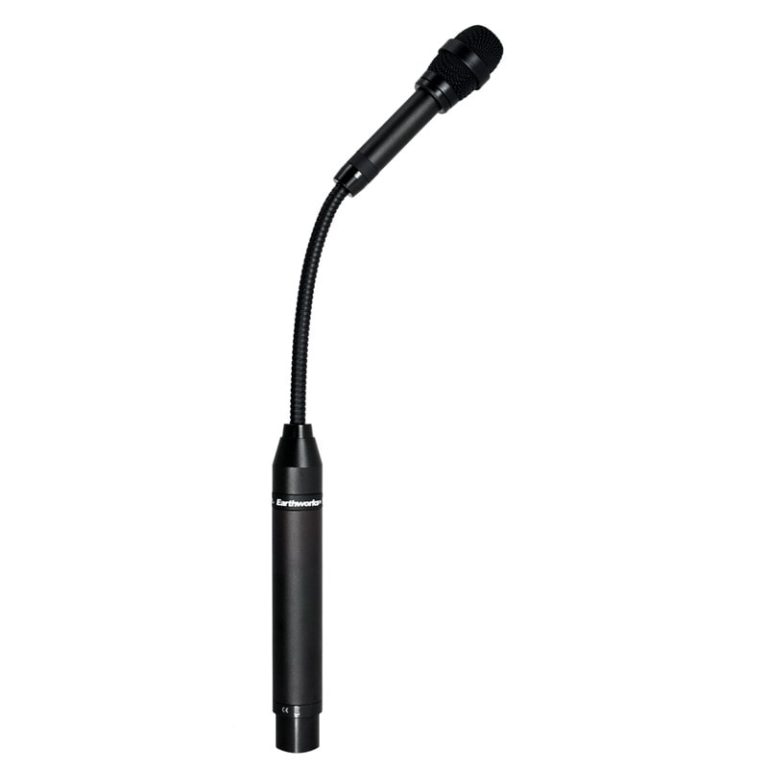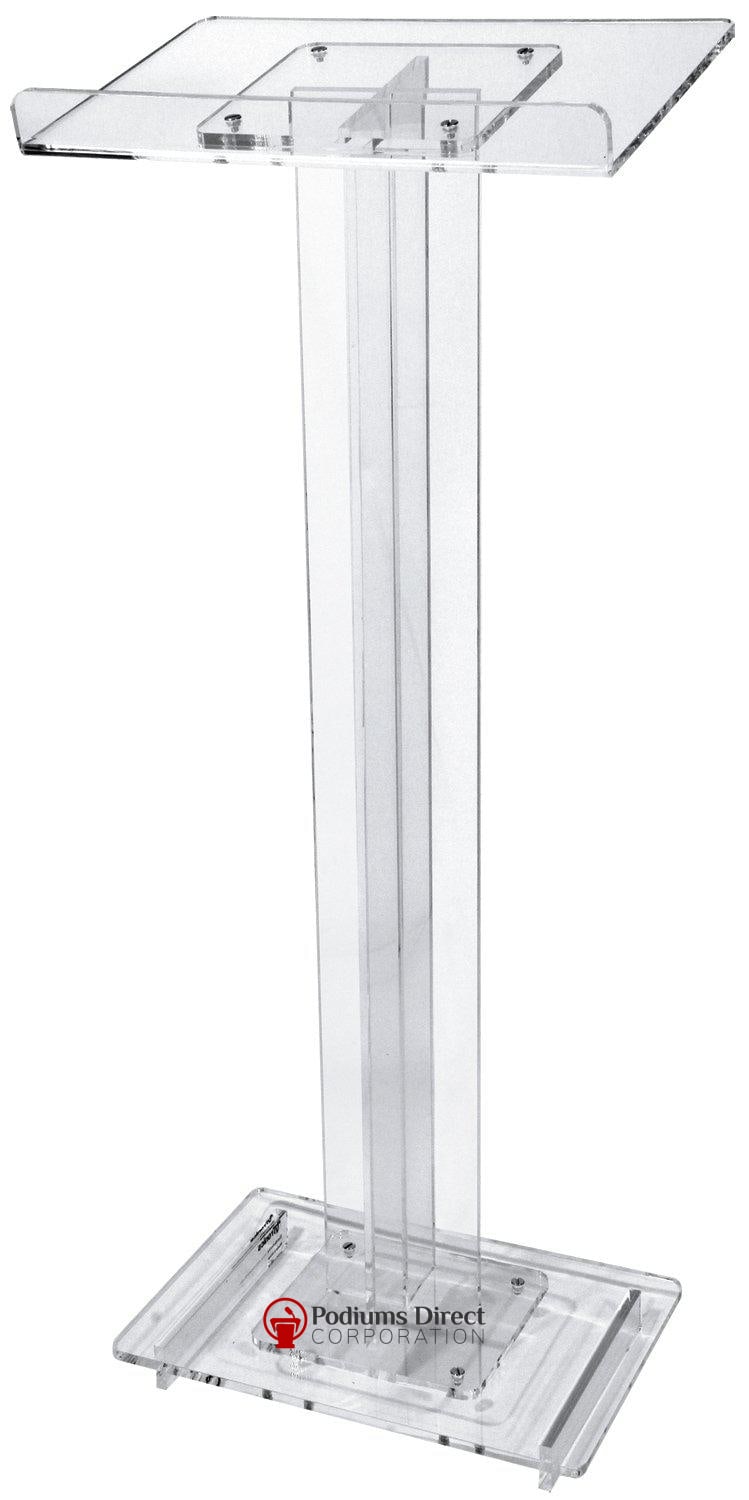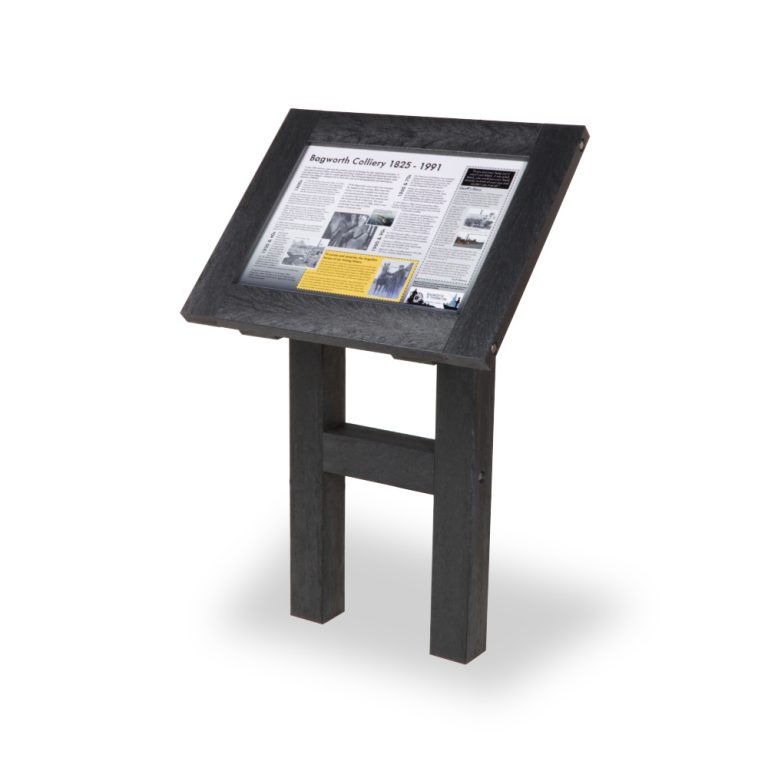What are Stagecraft Skills?
Stagecraft skills refer to the abilities and techniques required to design and execute live performances, including lighting, set design, props, sound, and costumes, to create a captivating and immersive experience for the audience. These skills encompass a wide range of technical and artistic expertise, ensuring seamless coordination and execution of the various elements that contribute to a successful stage production.
Whether it’s creating atmospheric lighting, constructing intricate sets, or effectively managing sound and visual effects, stagecraft skills are crucial in bringing a production to life and enhancing its overall impact on the audience.

Credit: djctechnicaltheatrecom.wordpress.com
Understanding Stagecraft Skills
Stagecraft skills are a crucial part of the entertainment industry, involving the combination of technical know-how and artistic creativity to bring a performance to life. From lighting and sound design to set construction and costume creation, stagecraft skills encompass a wide range of abilities that contribute to the overall production. In this blog post, we will delve into the definition and importance of stagecraft skills, highlighting their significance in creating captivating and immersive experiences for audiences.
Definition Of Stagecraft Skills
Stagecraft skills refer to the expertise and techniques utilized in various aspects of live performance production. This encompasses everything from the design and construction of sets, the manipulation of lighting and sound, the creation and management of props and costumes, and the coordination of stage movements. Stagecraft skills rely on a blend of technical proficiency, creativity, and attention to detail to ensure a seamless and visually appealing production.
Importance Of Stagecraft Skills
The importance of stagecraft skills cannot be overstated as they are essential for creating a polished and professional performance. Some key reasons why stagecraft skills are significant include:
- Enhanced Visual Appeal: Stagecraft skills contribute to the overall aesthetic and visual impact of a production. By effectively utilizing lighting, set design, and props, stagecraft professionals can create atmospheres and settings that support the storyline and engage the audience.
- Seamless Execution: Well-honed stagecraft skills ensure smooth and seamless execution of the performance. This includes the timely coordination of set changes, actor entrances and exits, sound cues, and prop management. With these skills, the audience remains immersed in the performance without any disruptions.
- Effective Communication: Stagecraft skills facilitate communication among the various production team members. From discussing lighting cues with the lighting designer to collaborating with the costume designer on outfit changes, strong stagecraft skills enable efficient and effective coordination between different departments.
- Creating Mood and Atmosphere: Stagecraft skills enable the creation of mood and atmosphere that support the narrative of the performance. Through clever lighting choices, strategic use of sound effects, and meticulous set design, the emotions and ambiance of a scene can be enhanced, capturing the audience’s imagination and eliciting the desired emotional response.
Stagecraft skills are the building blocks that give life to a performance. Without these skills, even the best-written play or musical can fall short of its potential. By honing their craft and continually expanding their expertise, stagecraft professionals play a vital role in captivating and captivating audiences, ensuring a memorable and immersive theatrical experience.
Essential Stagecraft Skills
When it comes to putting on a successful production, there are several essential stagecraft skills that come into play. These skills, which include set design and construction, lighting design and operation, and sound design and engineering, are integral to creating a captivating and immersive theatrical experience. In this blog post, we will explore each of these skills in more detail, highlighting their importance in the world of stagecraft.
Set Design And Construction
Set design and construction is a critical stagecraft skill that involves designing and building the physical sets and backdrops for a production. The set serves as the backdrop for the performers, helping to transport the audience into the world of the play or musical. A skilled set designer must consider the overall aesthetic of the production, the practicality of the set pieces, and the specific needs of the performers. By constructing a well-designed set, the audience is able to fully immerse themselves in the world of the performance.
Lighting Design And Operation
Lighting design and operation is another essential stagecraft skill that plays a crucial role in enhancing the mood and atmosphere of a production. A skilled lighting designer must understand how to manipulate light to create different effects and highlight key elements of the performance. They work closely with the director and set designer to ensure that the lighting complements the overall vision of the production. Additionally, a lighting operator is responsible for controlling the lights during the performance, making adjustments in real-time to enhance the performances and create a visually stunning experience for the audience.
Sound Design And Engineering
Sound design and engineering is a vital stagecraft skill that involves creating and implementing sound effects, music, and amplification for a production. A skilled sound designer must have a keen ear for detail and a deep understanding of the technical aspects of sound. They work closely with the director and performers to ensure that the sound elements enhance the storytelling and create an immersive experience for the audience. Additionally, a sound engineer is responsible for operating the sound equipment during the performance, making sure that all cues are executed smoothly and that the sound is balanced and clear throughout the venue.
Advanced Stagecraft Skills
When it comes to stagecraft, there are certain skills that take your expertise to the next level. These advanced stagecraft skills greatly contribute to creating a memorable and captivating theatrical experience. In this section, we will explore two crucial areas of advanced stagecraft skills: special effects and pyrotechnics, and rigging and stage machinery.
Special Effects And Pyrotechnics
Special effects and pyrotechnics are essential elements in producing a visually stunning performance. They have the power to transport the audience into another world, igniting their imagination and leaving them in awe. These advanced stagecraft skills involve the use of various techniques, mechanisms, and devices to simulate explosions, fires, smoke, and other spectacular effects.
- Explosions that create impactful moments on stage
- Fire effects that add intensity and realism to performances
- Smoke machines that create mysterious and atmospheric settings
- Laser shows that mesmerize the audience with vibrant lights
Rigging And Stage Machinery
Rigging and stage machinery skills are crucial in ensuring the smooth operation of theatrical productions. These skills involve the installation, operation, and management of the equipment used in stage performances. Rigging professionals are responsible for the safe and efficient suspension of scenery, props, and performers, allowing for seamless scene transitions and captivating aerial performances.
| Key Skills | Description |
|---|---|
| Expert knowledge of rigging systems | Proficiency in handling complex rigging systems, such as counterweight and motorized systems. |
| Understanding of weight distribution | Knowledge of calculating weight distribution to ensure the safety of performers and audience members. |
| Knowledge of stage machinery | Proficiency in operating and maintaining stage machinery, such as elevators, turntables, and fly systems. |
| Attention to detail and problem-solving | Ability to identify and address technical issues that may arise during performances. |
Costume Design And Wardrobe Management
Costume design and wardrobe management are vital aspects of advanced stagecraft skills. They involve the creation, selection, fitting, maintenance, and management of costumes worn by performers. These skills contribute to crafting visually stunning and character-appropriate ensembles that enhance the storytelling and immerse the audience in the production.
- Creating and designing costumes that reflect the characters’ personalities and roles
- Acquiring or creating accessories and props that complement the costumes
- Managing costume changes during performances to ensure smooth transitions
- Overseeing costume inventory and maintenance to ensure longevity

Credit: www.amazon.com
Developing Stagecraft Skills
Stagecraft skills are essential for individuals aspiring to become successful actors or theatre professionals. Developing these skills requires commitment, dedication, and a passion for the performing arts. Fortunately, there are several effective strategies that can help individuals enhance their stagecraft abilities.
Taking Acting And Theatre Courses
Taking acting and theatre courses is a crucial step towards developing stagecraft skills. These courses provide a solid foundation in acting techniques, character development, improvisation, and stage presence. Students can learn from experienced instructors who guide them through various exercises and performance opportunities, allowing them to hone their skills in a supportive environment.
Joining Community Or School Theatre Groups
Joining community or school theatre groups is another excellent way to develop stagecraft skills. These groups provide a platform for aspiring actors to gain practical experience by actively participating in productions. Whether it’s a small local theatre or a school drama club, these opportunities allow individuals to learn from their peers, collaborate with directors, and improve their skills through regular rehearsals and performances.
Attending Workshops And Seminars
Attending workshops and seminars is a valuable learning opportunity for individuals looking to enhance their stagecraft skills. These events offer a chance to learn from industry experts, renowned actors, and theatre professionals. Workshops focus on specific aspects of stagecraft, such as voice training, physicality, stage combat, or musical theatre. Seminars, on the other hand, provide valuable insights into the industry, offering tips and advice on career development and networking.
By actively engaging in these activities, aspiring actors can develop their stagecraft skills, broaden their knowledge, and gain the confidence needed to succeed in the world of theatre and performance.
Career Opportunities In Stagecraft
Stagecraft is an essential element of the performing arts industry, involving a wide range of skills and expertise. Whether it’s managing the production, designing and building sets, controlling lighting, or engineering sound, the world of stagecraft offers numerous career opportunities. In this blog post, we’ll explore some of the key roles in stagecraft and delve into what makes them so impactful for a successful production.
Stage Manager
A stage manager plays a crucial role in coordinating and ensuring the smooth execution of a theatrical production. Their responsibilities often include scheduling rehearsals, managing the production team, and overseeing technical aspects. Additionally, they serve as a communication hub between all members of the creative team, ensuring that everyone is on the same page. Attention to detail, excellent organizational skills, and the ability to multitask are vital attributes for a stage manager.
Set Designer
The set designer is responsible for creating a visually captivating and functional environment on stage. They work closely with the director and other designers to bring the production’s concept to life. Through their artistic vision, set designers establish the atmosphere, mood, and overall aesthetic of the performance. They meticulously plan and construct sets, considering elements such as space utilization, prop placement, and scene transitions to enhance the storytelling.
Lighting Technician
Lighting technicians are the magicians behind the scenes who manipulate light to create mesmerizing effects and enhance the mood of a production. They use their technical expertise to design and operate the lighting equipment, ensuring proper illumination and emphasizing focal points on stage. Lighting technicians carefully select colors, angles, and intensity to convey emotions and guide the audience’s attention. Their keen eye for detail and ability to collaborate with the creative team are invaluable.
Sound Engineer
A sound engineer is responsible for delivering flawless auditory experiences during performances, ensuring that the audience can hear every word and note clearly. They design and operate sound systems, using their technical knowledge to adjust volume levels, mix audio tracks, and eliminate unwanted noise. Sound engineers work closely with the director and performers to achieve optimal sound quality. Their proficiency in audio equipment and audio editing software is essential for a successful production.
In conclusion, stagecraft offers a multitude of career opportunities for individuals passionate about the performing arts. While these four roles represent a fraction of the possibilities within stagecraft, they highlight the importance of behind-the-scenes professionals in bringing extraordinary productions to life. Whether it’s managing the stage, designing intricate sets, controlling lighting, or engineering impeccable sound, each role requires distinct skills and contributions that contribute to the overall success of a performance.

Credit: slideplayer.com
Frequently Asked Questions Of What Are Stagecraft Skills?
What Is An Example Of Stagecraft?
Stagecraft refers to the technical aspects of theater production, such as lighting, set design, and props. For example, the use of elaborate set pieces, creative lighting effects, and carefully chosen props can enhance the overall performance and create a realistic atmosphere on stage.
What Are The 11 Elements Of Stagecraft?
The 11 elements of stagecraft consist of set design, lighting, sound, costumes, props, makeup, acting, blocking, choreography, directing, and stage management. Each element plays a crucial role in creating a successful stage production.
What Are The Basics Of Stage Craft?
Stage craft basics include understanding lighting, sound, set design, costumes, and props. It involves creating a seamless production through precise execution of cues and coordination among all elements. Effective stage craft enhances the overall performance and creates a captivating theatrical experience.
What Is Stagecraft In High School?
Stagecraft in high school refers to the practical aspects of theater production, including set design, lighting, sound, and props. It involves creating and operating the technical elements necessary for a successful performance. Students gain hands-on experience in bringing a play to life through the art of stagecraft.
What Are Stagecraft Skills?
Stagecraft skills refer to the specialized abilities and techniques used in theatrical production, including set design, lighting, sound, and prop management.
Conclusion
To summarize, stagecraft skills encompass a wide range of abilities that contribute to the seamless execution of a theatrical production. From lighting and sound design to set construction and costume creation, these skills are essential for creating captivating performances. Understanding the importance of stagecraft skills not only enhances the overall production value but also allows actors and technicians to work harmoniously, resulting in a memorable and impactful experience for audiences.
So, whether you’re an aspiring actor or a behind-the-scenes enthusiast, honing your stagecraft skills is a worthwhile endeavor that will undoubtedly enrich your journey within the world of theater.




